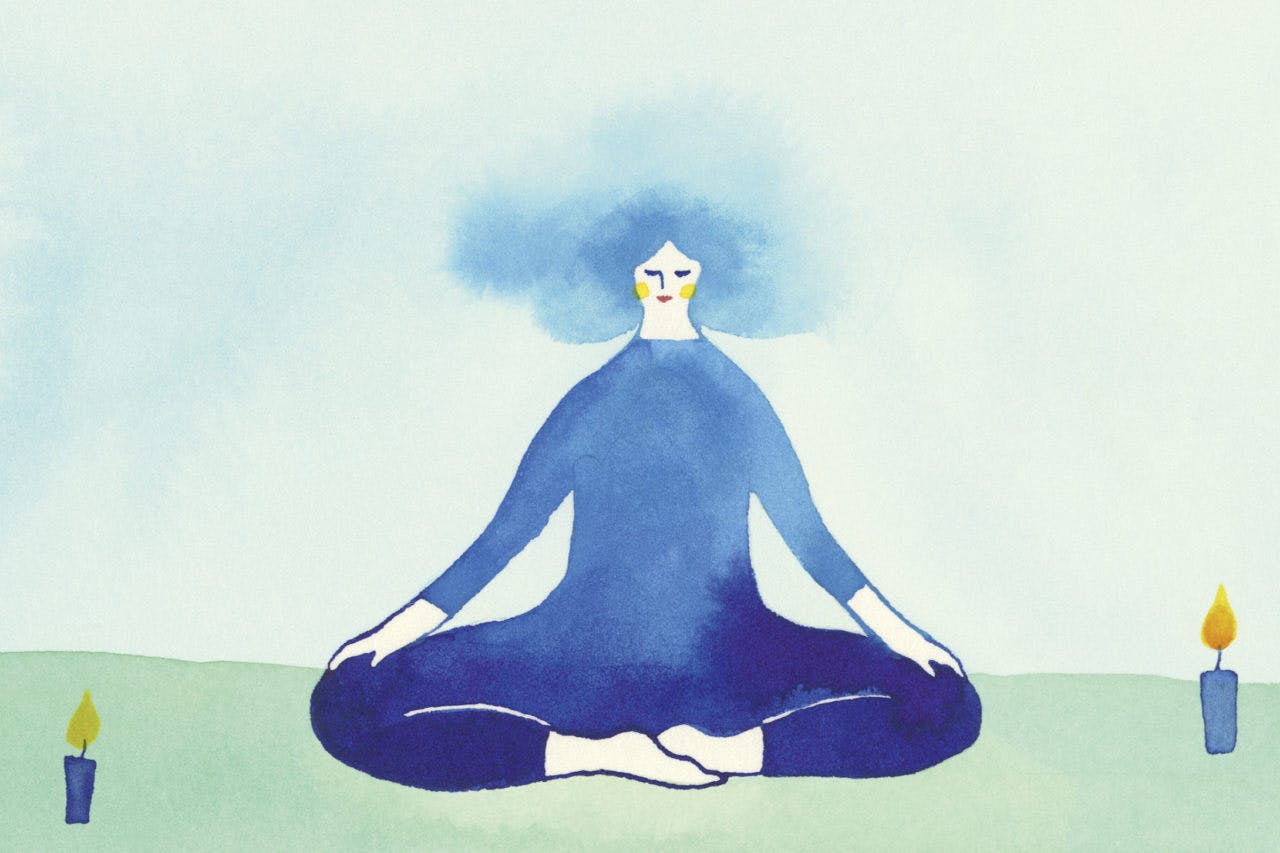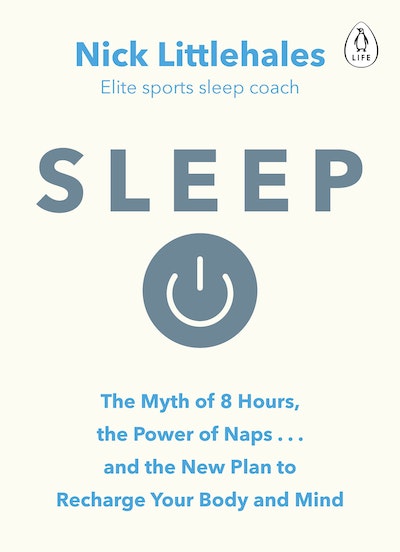Having some trouble getting a good night's sleep? Explore seven ways to sleep better, and ultimately live better, with Sleep: A Little Book of Self Care
Sleep is a vital time when your body can restore and rejuvenate, but sometimes getting in those much-needed winks feels unattainable. So many aspects of our waking lives—anxiety levels, exercise (or lack thereof), phone hygiene habits—can affect our body’s ability to rest at night, often without us even realising the connection.
1. Figure out how much sleep you need
We all need different amounts of sleep at different stages in our lives. While newborn babies need between 14 - 17 hours of sleep each day, adults generally need between 7 - 9, and that drops slightly to 7- 8 hours for seniors over 65.

2. Make your bedroom sleep-friendly
It’s obvious but well worth mentioning: your bedroom needs to be an inviting and comfortable space if you want to sleep well. Pay attention to the temperature (15-18°C is an ideal level), and invest in blackout blinds or heavy curtains to keep out as much light as possible. Unless you have allergies, plants are also a wonderful addition to promote sleep habits, as they boost oxygen levels, and many are natural air purifiers, removing carbon dioxide and other toxins from the air.
Also make sure that you take the time to try out a mattress in various sleep positions before purchasing, to find the right level of firmness for you. Although stacking fluffy pillows galore might look lovely, when it comes down to actual sleeping, aim to have your head level with the rest of your body to optimize blood flow.

3. Manage your digital devices
The light emitted by devices such as tablets and phones can reduce the body’s melatonin production by up to 25 percent, which in turn can affect sleep patterns. In order to avoid this so-called "blue-light effect," turn your phone's brightness lower at night. You should also switch off all digital screens (especially smartphones) at least an hour before bedtime, to give your body time to produce melatonin.

4. Keep a worry journal
Sleep can be hard when your mind is buzzing. Try keeping a worry journey—by writing down your worries, you’ll symbolically remove them from your mind. Writing longhand slows you down, giving you time to process thoughts. And by identifying specific concerns, you are well placed to come up with possible solutions.

5. Exercise for better rest
Our bodies are designed to move—and research shows that regular, moderate physical activity improves our mood and helps us sleep better and longer. You should generally aim for around 30 minutes of moderate activity, five days a week, but if you can manage only 10 minutes, do it anyway—you will feel the benefit. From a sleep point of view, it’s usually best to exercise in the morning or afternoon. This is because exercise makes you hot, and in order to feel sleepy, your body temperature needs to fall. Evening exercise, while fine for general fitness, will impair sleep if you don’t give the body enough time to cool down before bed.

6. Create a winding-down routine
We all need to decompress after a busy day, and for a good night’s sleep, it’s essential to dissipate the high adrenaline and stress-inflating cortisol levels we’ve built up during the day. Establishing a routine—and sticking to it—will help your mind and body prepare for rest. Aim to do the same thing, in the same order, every night, whether that’s walking your dog, changing into nightwear, brushing your teeth, and incorporating a relaxing activity, like reading or knitting, to ease into a restful state.

7. Pay attention to what you’re consuming
Did you know caffeine can stay in your body for 10 hours? If you can, avoid coffee, tea, and energy drinks after midday. Depressants can also have a negative effect on your sleep quality, despite making you drowsy. Alcohol is a major culprit in disrupting REM sleep, so you wake up tired and sluggish.













